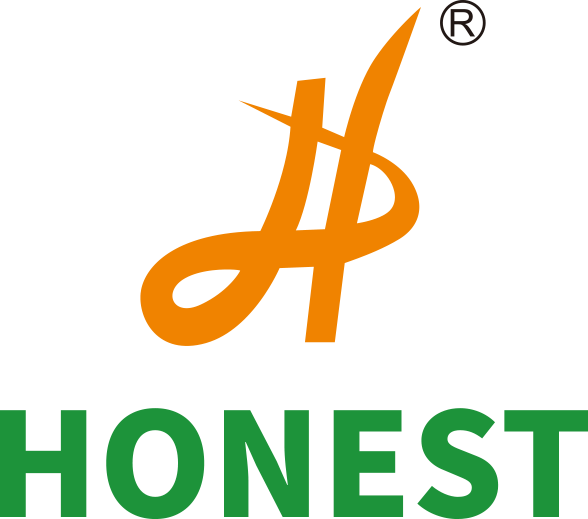Unlocking the Secrets of Sodium Stearoyl Lactylate in the Food Industry
Time:
2025-09-27
Introduction to Sodium Stearoyl Lactylate
So, what's the deal with Sodium Stearoyl Lactylate, huh? This intriguing emulsifier, often abbreviated as SSL, is taking the food industry by storm. It's not just a mouthful to say; it's a game-changer for bakers and food manufacturers alike. Let's dive into the world of SSL and uncover its many wonders!
What is Sodium Stearoyl Lactylate?
First things first, Sodium Stearoyl Lactylate is a sodium salt derived from stearic acid and lactic acid. Sounds fancy, right? It's commonly used as an emulsifier and dough conditioner. By helping to blend fats and water, SSL enhances the texture and shelf-life of baked goods. Who doesn't love a fluffy loaf of bread?
Industry Applications: Where SSL Shines
Let's talk turkey—or rather, bread! Sodium Stearoyl Lactylate is widely used in various baked products, including bread, cakes, and pastries. It works wonders in improving dough strength and elasticity. You see, when bakers incorporate SSL, they're not just tossing in an ingredient; they're setting the stage for a culinary masterpiece.
Baking to Perfection
Imagine walking into a bakery and being greeted by the tantalizing aroma of freshly baked bread. That's where Sodium Stearoyl Lactylate comes into play. It enhances the texture, making the bread softer and longer-lasting. Plus, it helps with gas retention during fermentation, resulting in a lovely rise. Talk about a win-win!
Dairy Delights
But wait, there's more! Sodium Stearoyl Lactylate isn't just for baked goods. It's also found in various dairy products. Think whipped toppings, ice creams, and cream cheeses. It helps stabilize emulsions, ensuring a smooth and creamy texture that keeps customers coming back for more. Yum!
The Science Behind SSL
Alright, nerd alert! Let's get a bit scientific. Sodium Stearoyl Lactylate functions by reducing surface tension between ingredients. This means that it helps to keep fats and liquids mixed together, preventing separation. It's like having a good friend at a party, making sure everyone gets along!
Regulatory Approval
Now, you might be thinking, "Is it safe?" Great question! The good news is that Sodium Stearoyl Lactylate has been deemed safe by various food safety authorities, including the FDA. It's widely accepted in the food industry and has a long track record of use. So, no need to sweat it!
Consumer Trends: The Rise of Clean Labels
In today's health-conscious world, consumers are more interested than ever in what goes into their food. The trend of clean labels is on the rise, and Sodium Stearoyl Lactylate fits right in. As manufacturers strive to improve transparency, they can highlight SSL as a natural ingredient that enhances quality without compromising safety.
Sustainability Matters
Another buzzword in the industry is sustainability. Sodium Stearoyl Lactylate can be derived from renewable resources, making it an eco-friendlier option compared to synthetic emulsifiers. With consumers caring more about the planet, this aspect of SSL is definitely a feather in its cap!
Conclusion: The Future of Sodium Stearoyl Lactylate
In summary, Sodium Stearoyl Lactylate is more than just a complex name—it's a powerhouse ingredient revolutionizing the food industry. From enhancing the texture of baked goods to stabilizing dairy products, its applications are vast and varied. And with the growing trend towards clean labels and sustainability, it seems that SSL is here to stay.
So next time you savor that soft, fluffy bread or creamy dessert, you might just find yourself whispering a little thank you to Sodium Stearoyl Lactylate. Cheers to that!
Recommended content
Contact information
Add: North of Highway 311,Yuanyang County Industrial Agglomeration Area, Henan Province
Tel: 86-13673631187
Wechat/Whatsapp: 86-13673631187
E-mail: info@zzhonest.com
SAF Coolest v1.3.1.1 设置面板 WUNSX-ARMP-RZAZE-ZXF
无数据提示
Sorry, there is no content in the current column!
You can view other sections or return to the Home page


